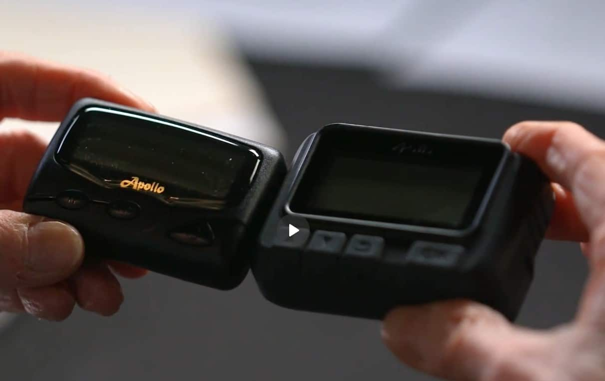Former Mossad agents revealed details about the operation involving the sabotage of pagers in Lebanon.
According to agents who identified themselves in an interview with the pseudonyms Michael and Gabriel, the work of turning radio communication devices into remote bombs began 10 years prior to the September explosions. The interviewees from CBS News likened the unfolding plan to events in the American film "The Truman Show," where everything turned out to be an elaborate setup with actors.
Initially, members of "Hezbollah" were provided with portable radios embedded with explosives developed by "Mossad." To ensure that Israel's involvement would remain undetectable, the devices were introduced into the supply chain through a series of foreign shell companies. According to former intelligence officials, the group ended up acquiring over 16,000 of these communication devices, which effectively served as remote weapons. Some of them were activated on September 18, during the second wave of the Israeli operation.
However, the first stage involved detonating pager devices filled with explosives. Development of these pagers began at "Mossad" in 2022. During the testing phase, the explosive power of the pagers was repeatedly evaluated using mannequins and adjusted so that they would only affect the user and not those around. Ringtones were also specifically modified to be more compelling, encouraging the user to pull out the device.

To implement the pagers, not only shell companies were used, but also other tactics, including fake advertising. Due to the explosives embedded in the batteries, the devices ended up being larger and heavier than typical pagers. However, specially created brochures and videos posted by "Mossad" on YouTube turned these drawbacks into advantages. The pagers were marketed as the best in the world—shockproof, dust- and waterproof, with long battery life. To enhance credibility, the advertising was combined with fake positive reviews.
Additionally, Israeli intelligence deceived the Taiwanese company Gold Apollo, which "Hezbollah" traditionally sourced pagers from, into participating in the scheme. Believing they were collaborating with foreign firms, including one in Hungary, the Taiwanese suppliers were actually working with "Mossad" without any suspicion. Everything appeared so credible that requests for pagers came from individuals unrelated to "Hezbollah." However, everyone except the latter was quoted an excessively high price, and no devices were supplied.
To gain the trust of the group, intelligence services hired an employee from Gold Apollo, who had previously worked with "Hezbollah," through a front company. She proposed organizing a free initial batch of pagers, supposedly as part of a modernization campaign. Subsequently, deliveries continued, and by September 2024, approximately five thousand devices were in the possession of "Hezbollah" members.
The explosives in the pagers were activated on September 17: thousands of devices detonated across Lebanon and in Damascus, resulting in at least 16 fatalities and injuries to between three and four thousand individuals. The following day, a second wave occurred with the detonation of radios, injuring over 700 people. Reports indicated that at least 25 people lost their lives.
Due to the high number of collateral civilian casualties, including children, many around the world condemned the Israeli operation, labeling it as terrorism. This sentiment was echoed by Belgium's Deputy Prime Minister Petra De Sutter and former CIA Director Leon Panetta. Russian Foreign Ministry spokesperson Maria Zakharova characterized the incident as a monstrous act of terrorism and an attempt to ignite a larger conflict.